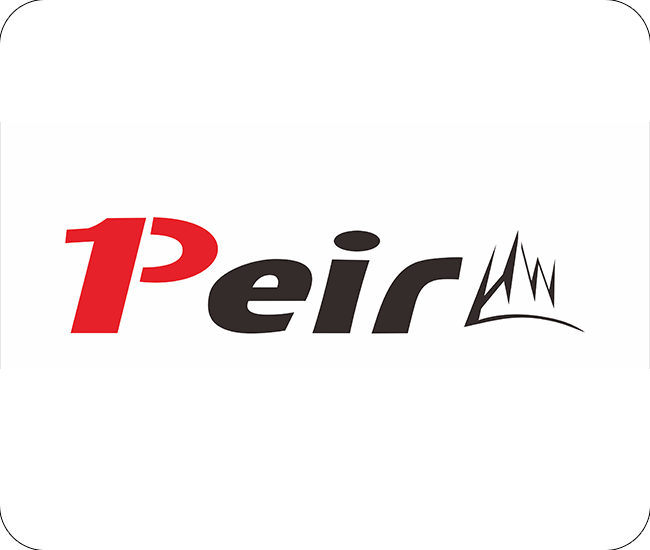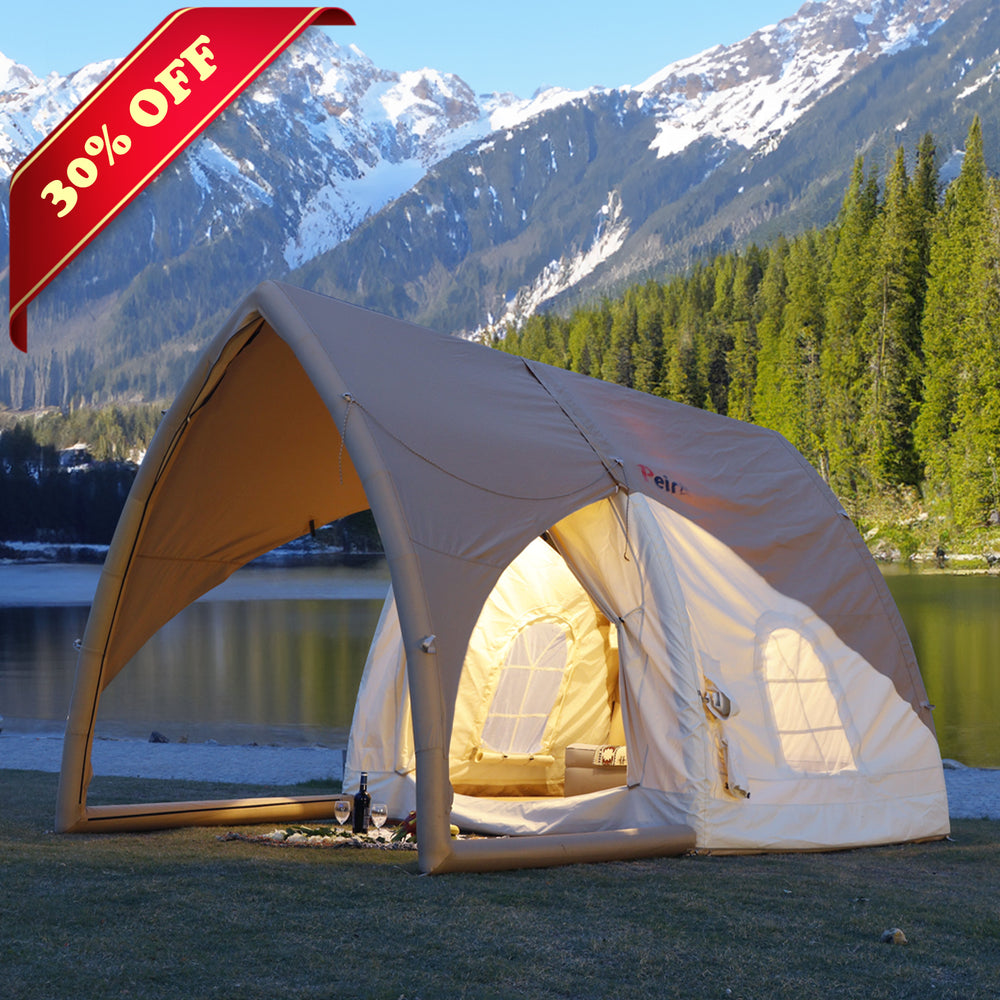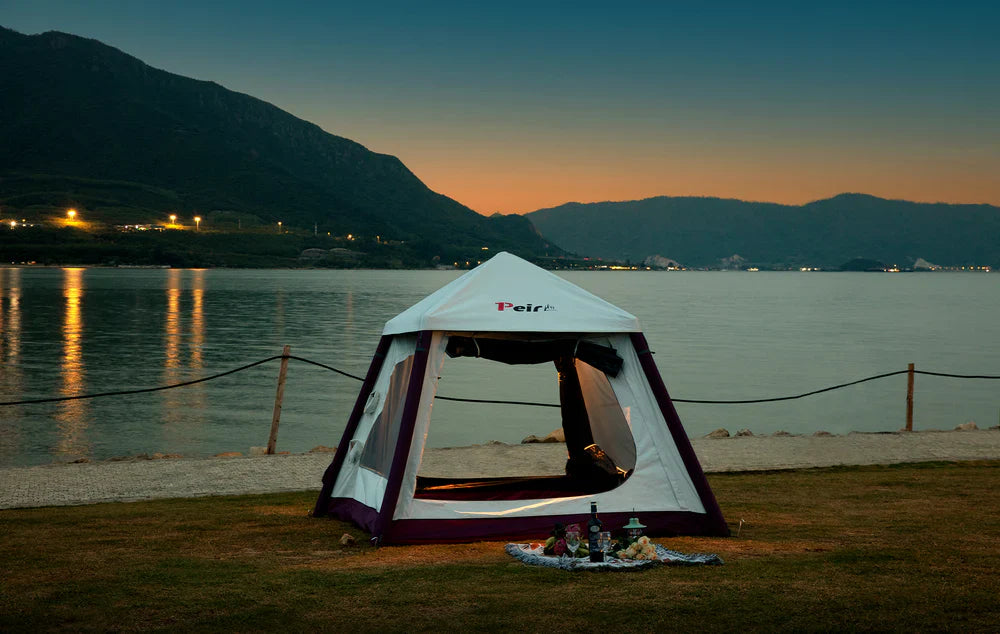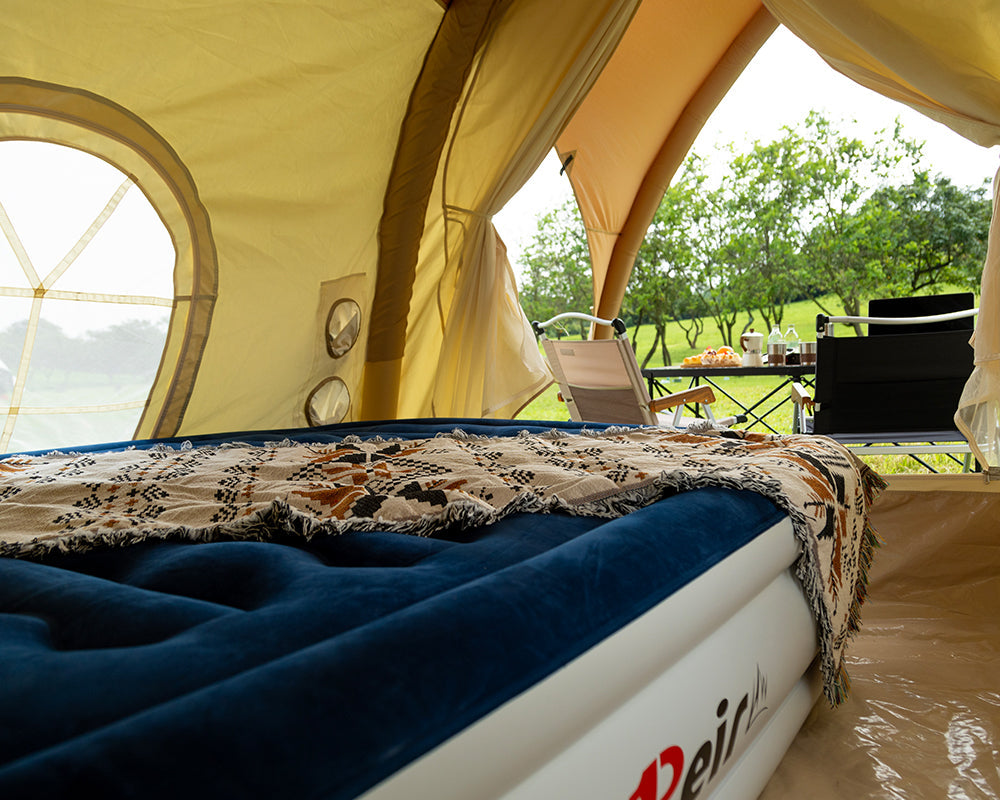Selecting the right tent is crucial to a successful camping experience, as the tent's quality and functionality significantly shape your time outdoors. In recent years, inflatable tents—sometimes referred to as air tents—have gained considerable popularity. Although the name might initially remind you of those inflatable bounce houses from childhood, modern inflatable tents utilize cutting-edge camping technology that offers significant advantages over traditional models. In this guide, we'll explore the pros and cons of inflatable tents, why they might be an excellent option for your next adventure, and how Peirhw range of inflatable tents stands out in the market.
Inflatable tents have become a favorite choice among outdoor enthusiasts for their convenience and simplicity of setup. Unlike conventional tents that rely on poles, inflatable tents are built using air beams inflated with a pump, making the structure both lightweight and compact. In this article, we'll discuss the advantages and disadvantages of inflatable tents to help you determine if they're the right option for your next adventure.
What Is an Inflatable Tent?
The key difference between an inflatable tent and a traditional tent lies in the frame construction. Instead of using metal poles, inflatable tents utilize air-filled tubes to support the structure. These tubes are inflated with a pump and secured with a valve to keep the air in, ensuring the tent’s stability. When it’s time to pack up, simply open the valve, and the air will escape, allowing the tent to be folded and stored with ease.
Inflatable tents come in a variety of sizes and designs. Whether you’re looking for a small, lightweight option or a larger shelter with separate rooms for a group of campers, there’s an inflatable tent that meets your specific needs.
Another exciting option is the availability of custom-made inflatable canopies. These can be specially designed for events, gatherings, or specific uses such as temporary shelters, trade show booths, or even protective covers for equipment and vehicles, providing excellent protection from the weather.
Recommend:
Advantages of Inflatable Tents
Inflatable tents offer several compelling benefits, particularly when compared to traditional pole tents. The most notable advantage is the ease and speed with which they can be set up and packed away. Unlike regular tents, which rely on lengthy poles, inflatable tents use air beams that are built directly into the tent’s structure, simplifying the entire setup process.
This integrated design eliminates many of the challenges typically encountered when pitching a conventional tent. There’s no need to unroll and connect long poles, no struggle to thread them through the tent, and no need to wrestle with securing them into position. While inflatable tents may come with a slightly higher price tag, the added convenience is well worth the investment.
Here are some of the primary benefits of inflatable tents that will enhance your camping experience:
Effortless Setup
One of the standout benefits of inflatable tents is how quick and straightforward they are to set up. Without poles to worry about, assembling the tent becomes far less time-consuming, especially for those new to camping.
Setting up a traditional tent, especially larger models, can take quite a while, as you may spend more time reading instructions and figuring out the setup than enjoying the great outdoors. Inflatable tents solve this issue. With a simple pump, you can inflate the air beams in just a few minutes, allowing you to quickly focus on enjoying your adventure rather than struggling with equipment.
Portability
Another major advantage of inflatable tents is their portability. These tents are generally lighter than traditional tents because they use lighter materials and do not have cumbersome poles.
The compact nature of inflatable tents makes them easy to pack and carry, whether you're camping by car or hiking into remote areas. Their portability makes them the perfect choice for both short trips and extended hikes, as they can fit into smaller spaces without taking up much room in your pack.
Increased Comfort
Inflatable tents provide superior comfort, especially when compared to standard tents. Many models feature built-in air cushions that create a soft, insulated sleeping surface, which is ideal if you're camping on uneven ground.
The inflatable structure also contributes to better insulation, meaning that the tent will keep you warmer in cold weather and cooler during hot days. This added comfort helps ensure a pleasant camping experience regardless of the weather conditions outside.
Weather Resistance
Inflatable tents are known for their durability, offering excellent protection against harsh weather conditions. The sealed construction and strong materials used in these tents make them resistant to heavy rains, winds, and even snow.
Thanks to their inflatable design, these tents form a stable frame that can withstand strong gusts of wind without the worry of poles snapping or collapsing. This makes inflatable tents a safer and more reliable option in challenging weather, providing peace of mind no matter when you camp.
Versatility
Inflatable tents are highly versatile, thanks to their lightweight build and compact size. Their easy transportability means you can use them in a variety of settings, from forest hikes to mountain expeditions, or even just a weekend camping trip in your backyard.
With the added benefits of weather resistance and air cushions, inflatable tents adapt well to different terrains and conditions, making them suitable for nearly any outdoor adventure. Whether you're in a desert, forest, or at a music festival, an inflatable tent offers a flexible and practical shelter solution.
Innovative Features
Inflatable tents represent a modern upgrade to traditional tent designs, often featuring additional innovations that enhance comfort and usability. Depending on the model, you may find tents equipped with built-in LED lights, separate rooms for sleeping and storage, multiple entrances for easy access, and other unique features designed to improve your camping experience.
These added features make the tent not just a place to sleep, but a true home away from home, allowing you to enjoy your time in the tent just as much as outside.
Are There Any Downsides to Inflatable Tents?
1. Higher Initial Cost
Inflatable tents are generally more expensive than their traditional counterparts. This is due to the advanced materials and technology required to make the air beams both lightweight and durable. However, the ease of use, durability, and additional comfort features can often justify the higher price. Peirhw range offers competitive pricing without compromising on quality, providing excellent value for money.
2. Dependence on Air Pumps
Since inflatable tents rely on air beams, they require an air pump for setup. While most inflatable tents, including those from Peirhw, come with a manual pump, it’s crucial to have one on hand. A damaged or lost pump could lead to difficulties in setting up the tent. However, this is a minor inconvenience compared to the significant benefits inflatable tents offer.
3. Repair Considerations
While inflatable tents are highly durable, they are not entirely immune to punctures or leaks. However, most inflatable tents, like those from Peirhw, come with repair kits and easy-to-follow instructions for patching minor damages. Moreover, the materials used in Peirhw tents are designed to minimise the risk of punctures, ensuring long-lasting performance.
How to Pitch an Inflatable Tent
Pitching an inflatable tent is a breeze. Simply attach the pump, and the air beams will inflate within minutes. Once inflated, double-check that all valves are securely closed to prevent air leaks, and then anchor the tent to the ground using guy ropes and pegs.
It’s important to use the pump that came with your tent, as different manufacturers may have different valve systems. If you own multiple inflatable tents, make sure you have the right pump for each one.
FAQ
Are inflatable tents good for camping?
Enhanced Stability and Durability
Contrary to common misconceptions, inflatable tents provide excellent stability. The air beams used in these tents are designed to withstand strong winds and adverse weather conditions. They offer a solid structure that can handle the pressures of the outdoors.
Are inflatable tents practical?
Inflatable tents are the ideal solution when things have to go fast on the campsite and you don't want to waste time setting up unnecessarily, but still want a stable and comfortable bedroom!
Are inflatable tents good in the rain?
Inflatable tents are made of strong and durable materials that can withstand all kinds of weather conditions, including wind and rain.
How safe are air tents?
Are they Reliable? Yes, as we see more accidental damages to pole tents, which are more reliant on the camper to pitch them. Air tents have the structure pre-installed, so there's very little a camper can do to damage it.
Do you need a pump for an air tent?
Air tent pumps are known for saving time and energy, essential for ensuring your inflatable tent maintains a stable structure.
Do you need electric for an air tent?
Instead of poles, an air tent – also known as an inflatable tent – includes integrated beams blown up with an electric, hand or foot pump.






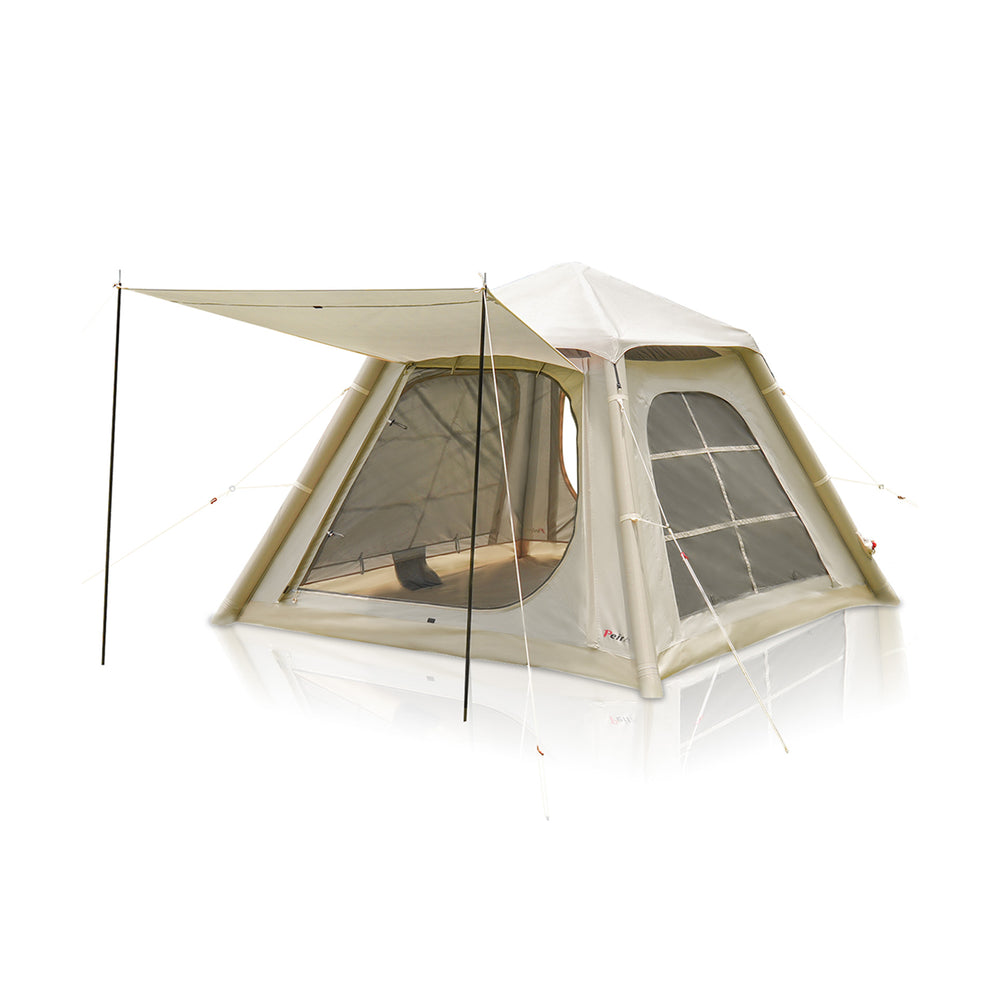
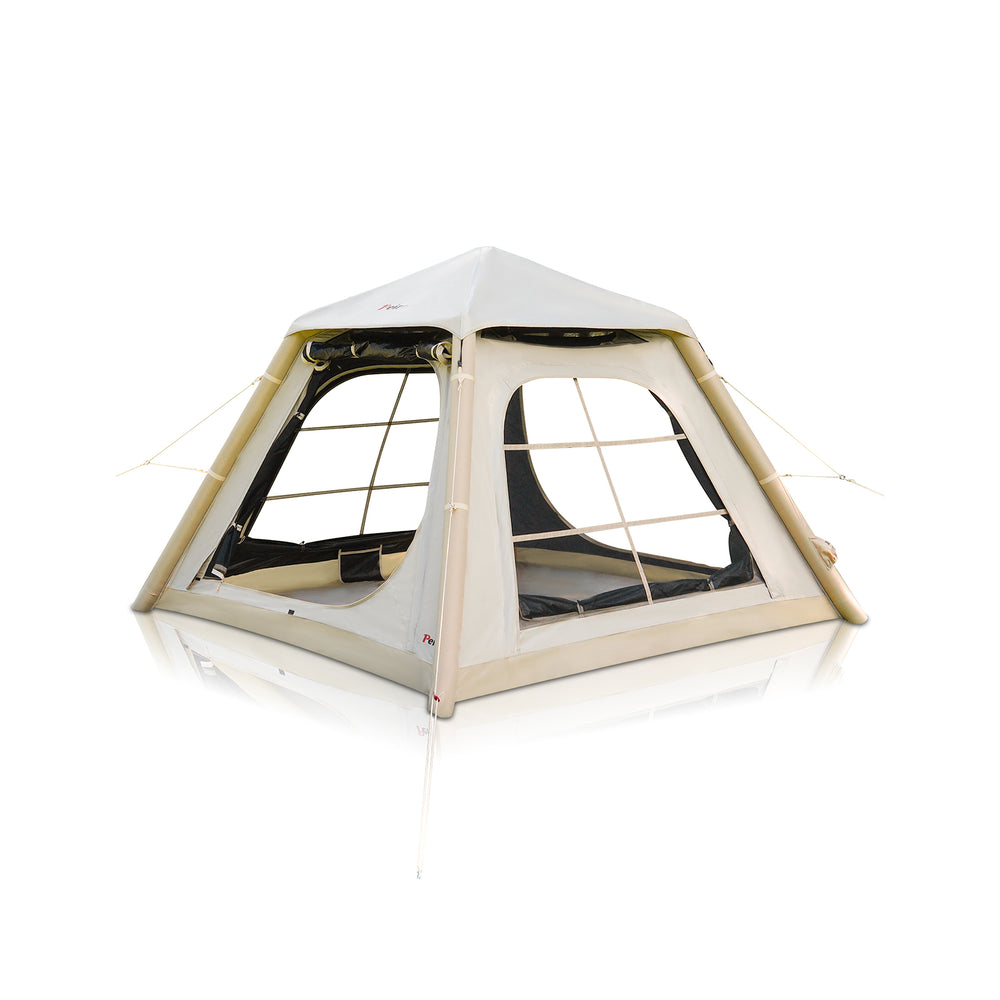
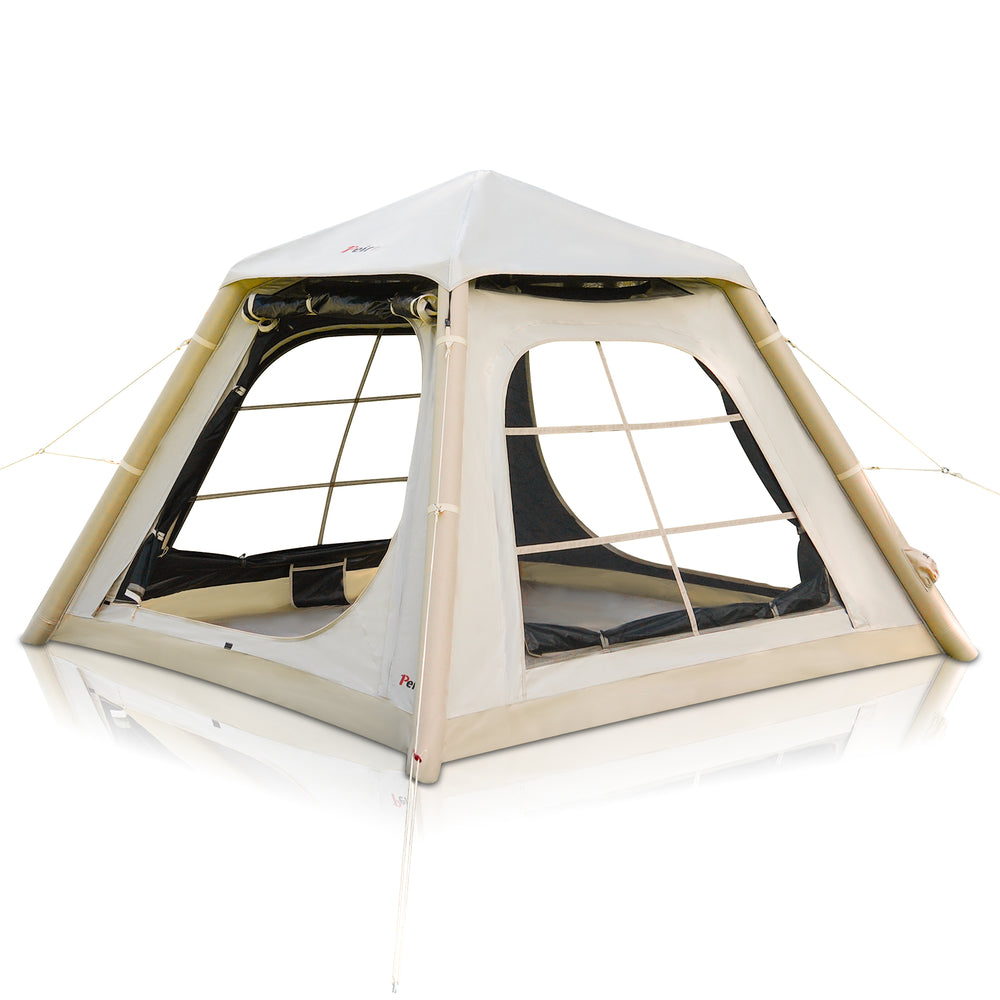
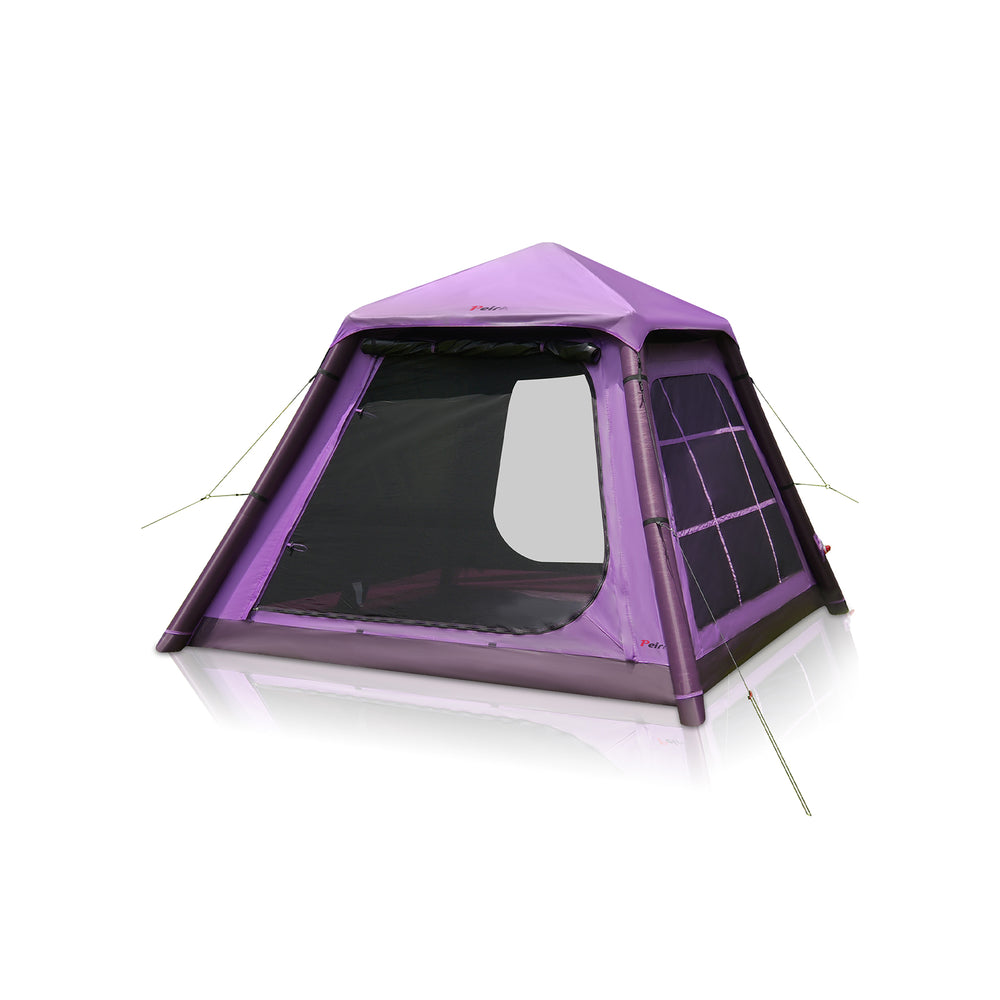


 Peirhw Inflatable House Tent - Starry Night Love
Peirhw Inflatable House Tent - Starry Night Love
 Peirhw Glamping Tents - Friendship Castle
Peirhw Glamping Tents - Friendship Castle
 Peirhw Inflatable Canopy Tent - Adventurer
Peirhw Inflatable Canopy Tent - Adventurer

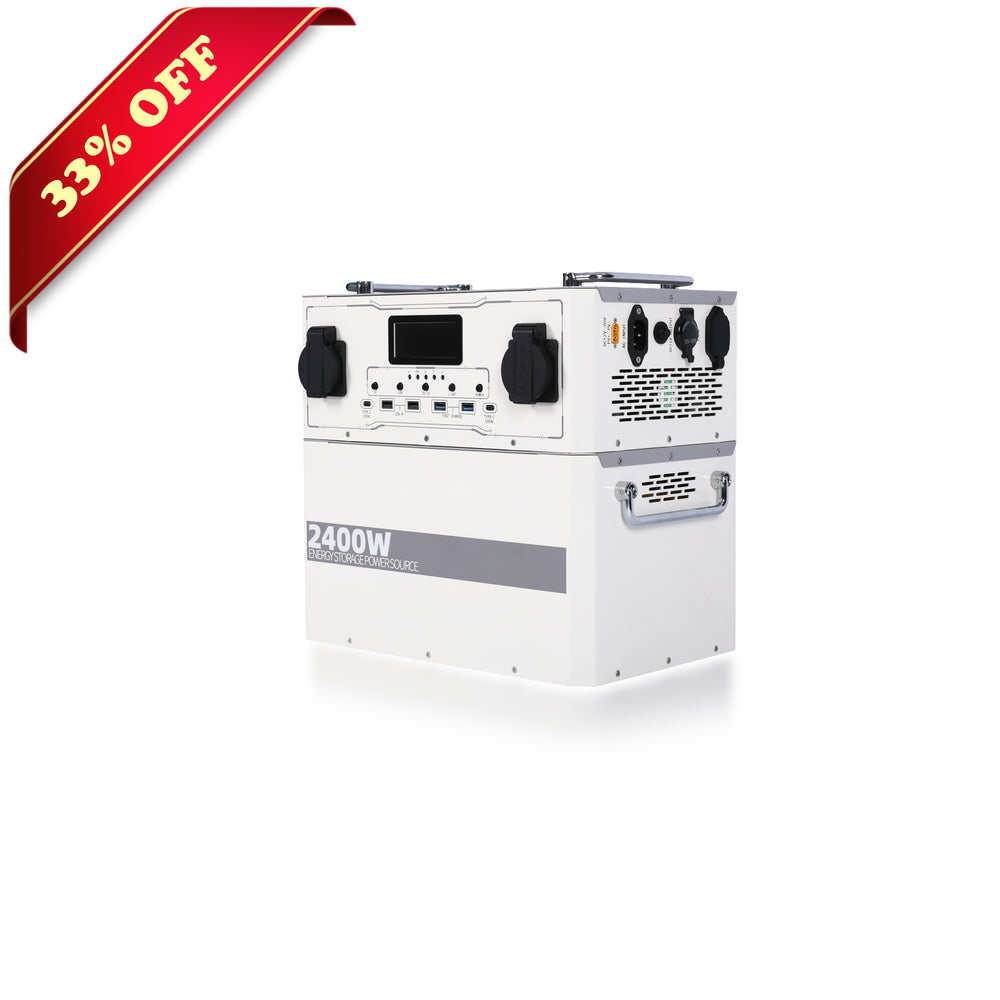
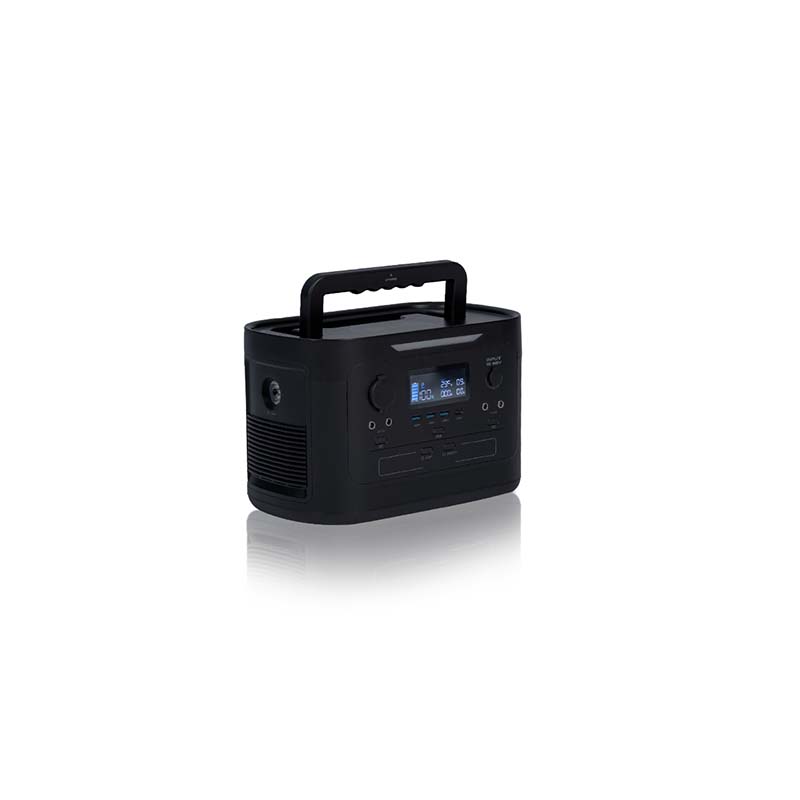
 Peirhw Portable Air Conditioner
Peirhw Portable Air Conditioner
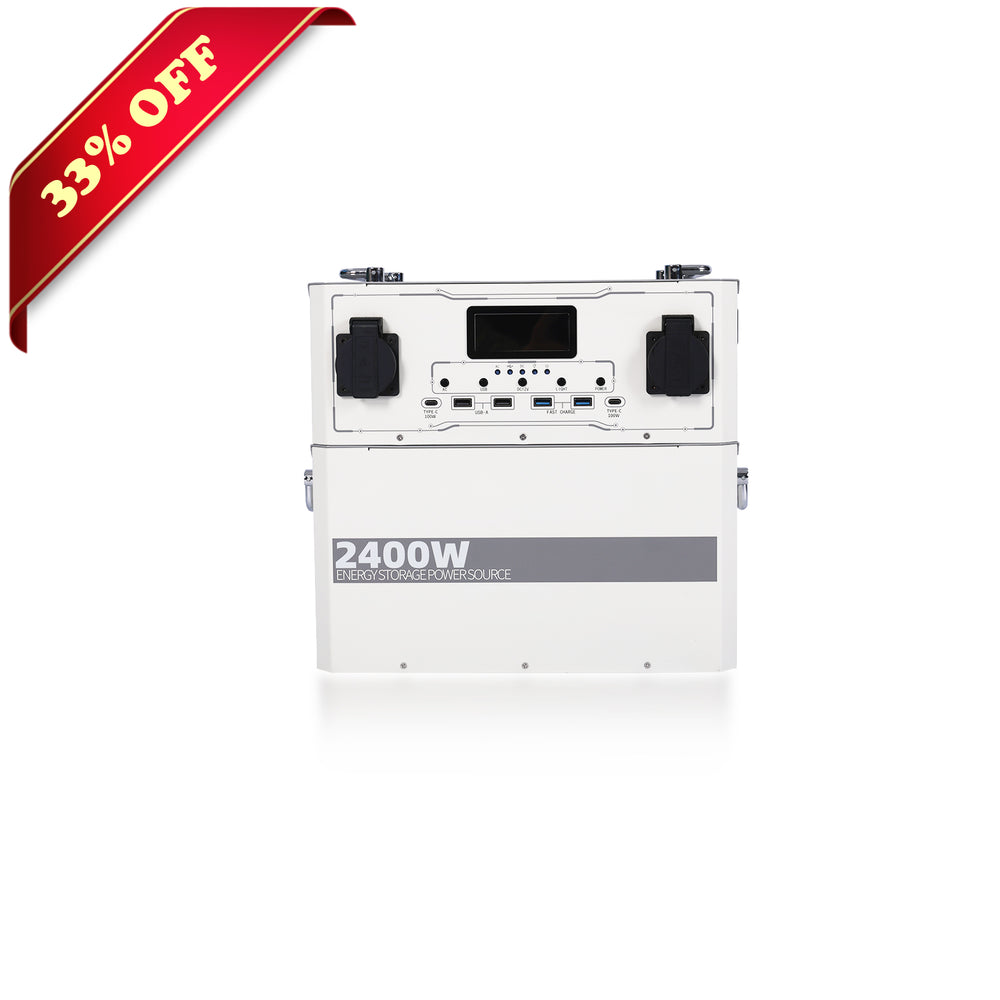 【Advance Sale】Peirhw Portable Power Station 2400W
【Advance Sale】Peirhw Portable Power Station 2400W
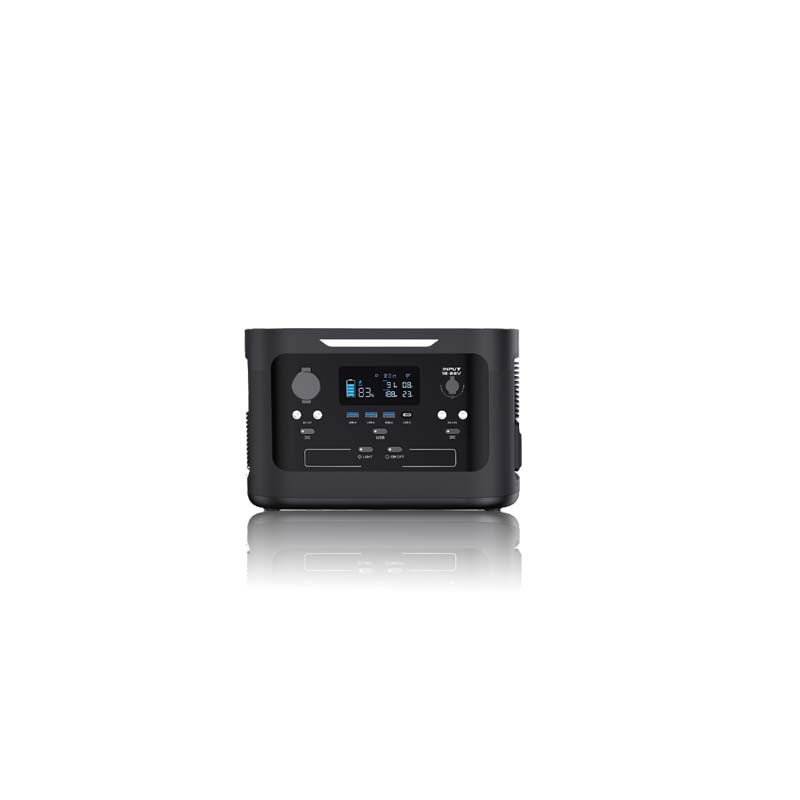 【Advance Sale】Peirhw Portable Power Station 600W
【Advance Sale】Peirhw Portable Power Station 600W

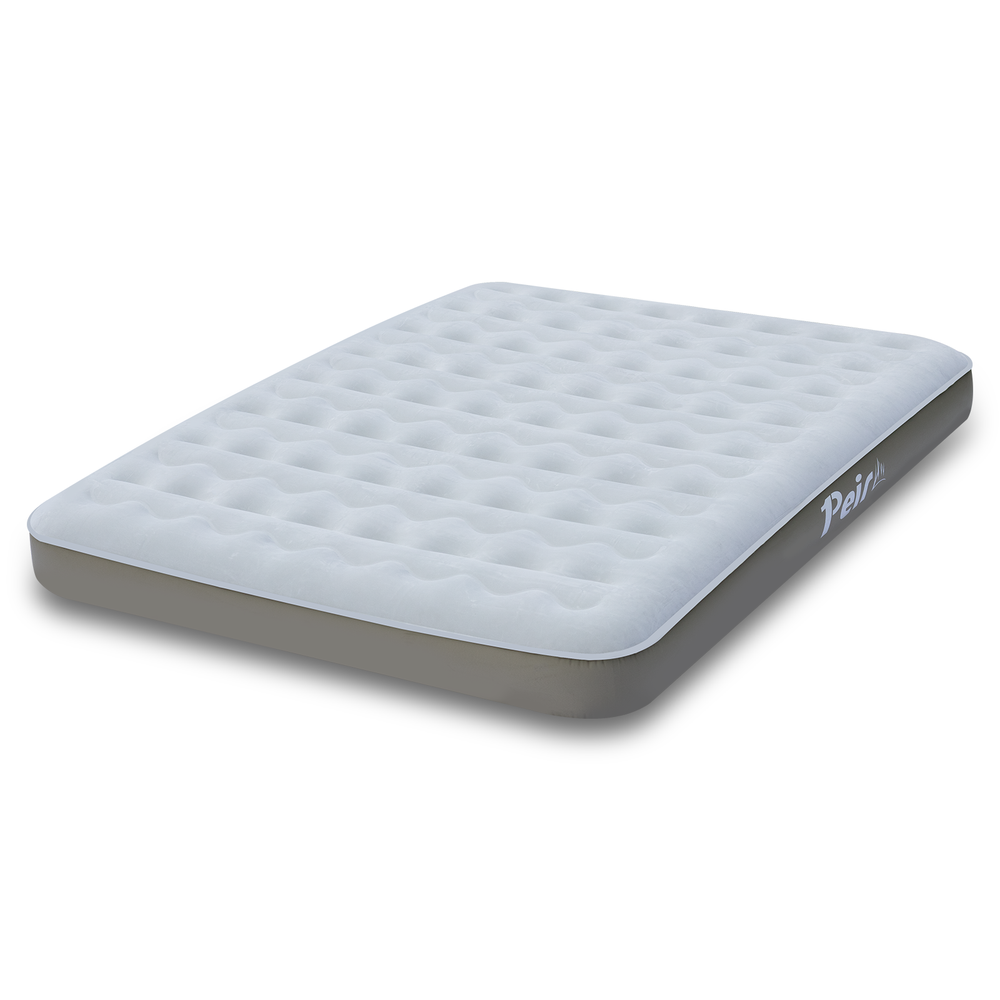



 Peirhw Self Inflating Sleeping Pad
Peirhw Self Inflating Sleeping Pad
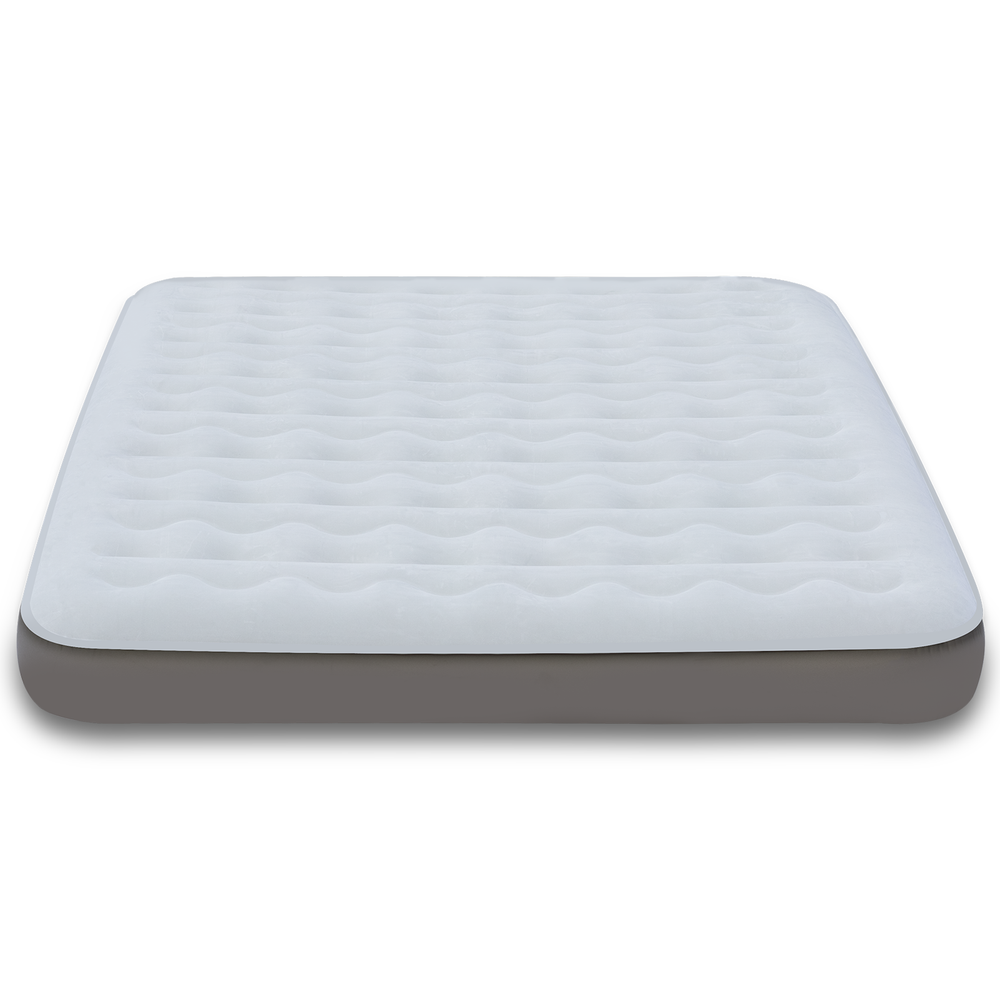 Peirhw Air Mattress (8" Queen Type)
Peirhw Air Mattress (8" Queen Type)
 Peirhw Camping Sleeping Bag
Peirhw Camping Sleeping Bag


 Peirhw Butterfly-shaped Canopy for Camping
Peirhw Butterfly-shaped Canopy for Camping
 Peirhw Camping Waterproof Canopy (Cannot be Purchased Separately)
Peirhw Camping Waterproof Canopy (Cannot be Purchased Separately)

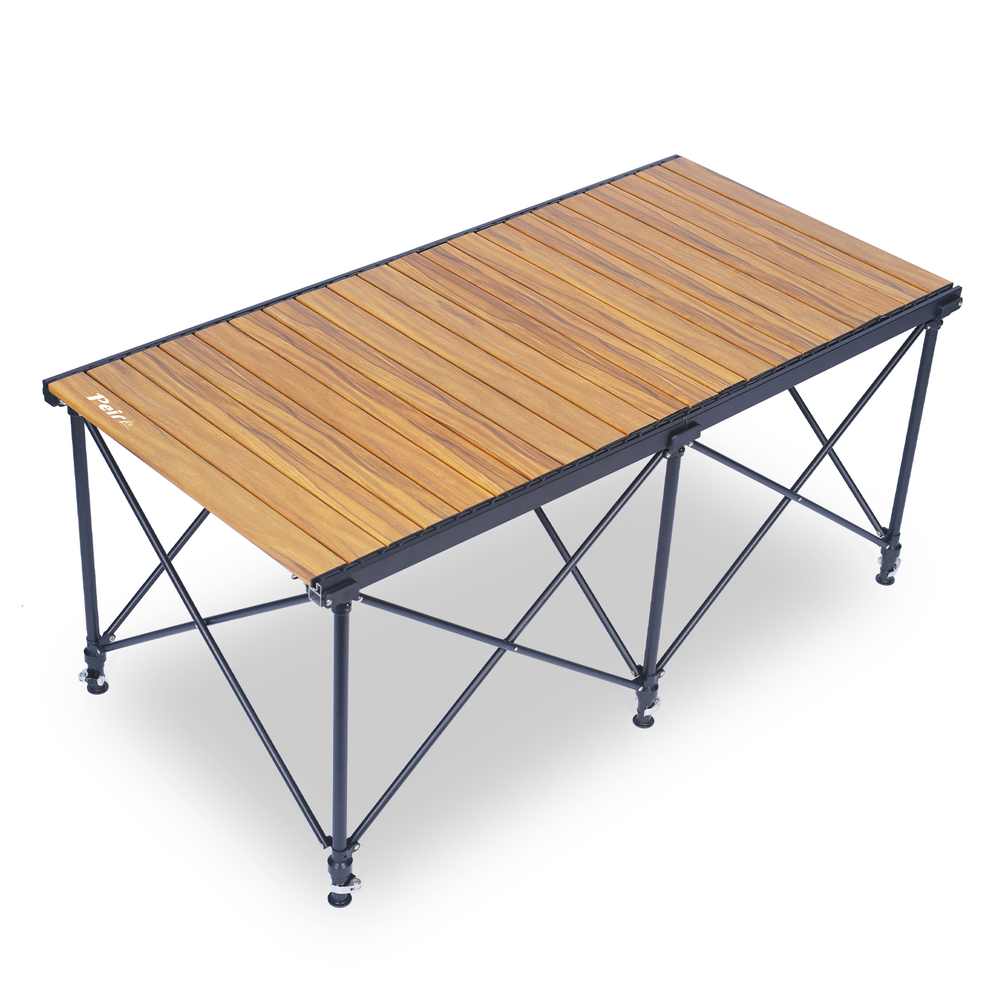
 Peirhw Outdoor Folding Chairs
Peirhw Outdoor Folding Chairs
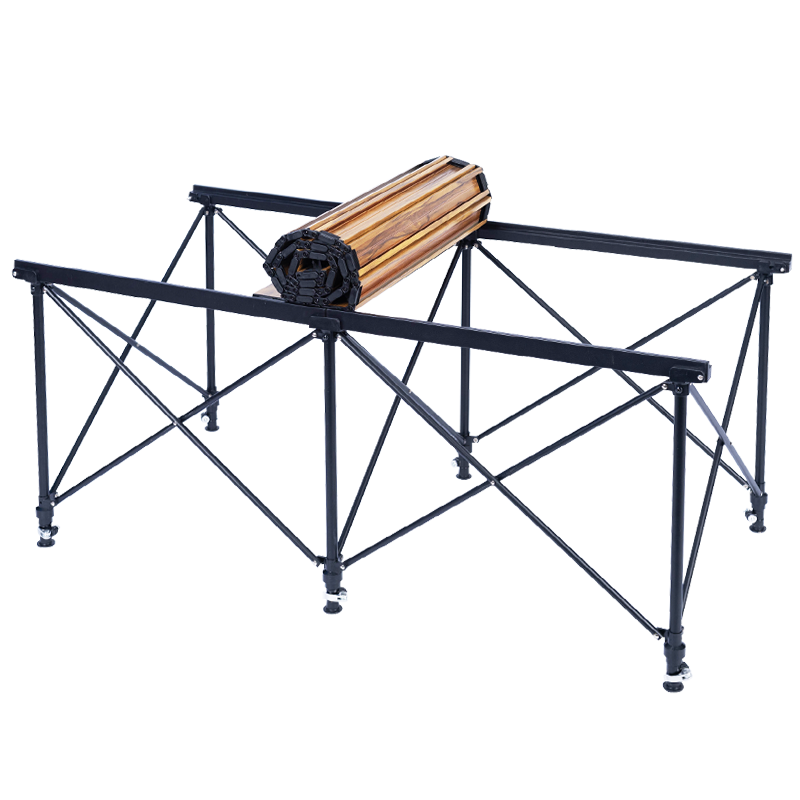 Peirhw Folding Camping Table
Peirhw Folding Camping Table
